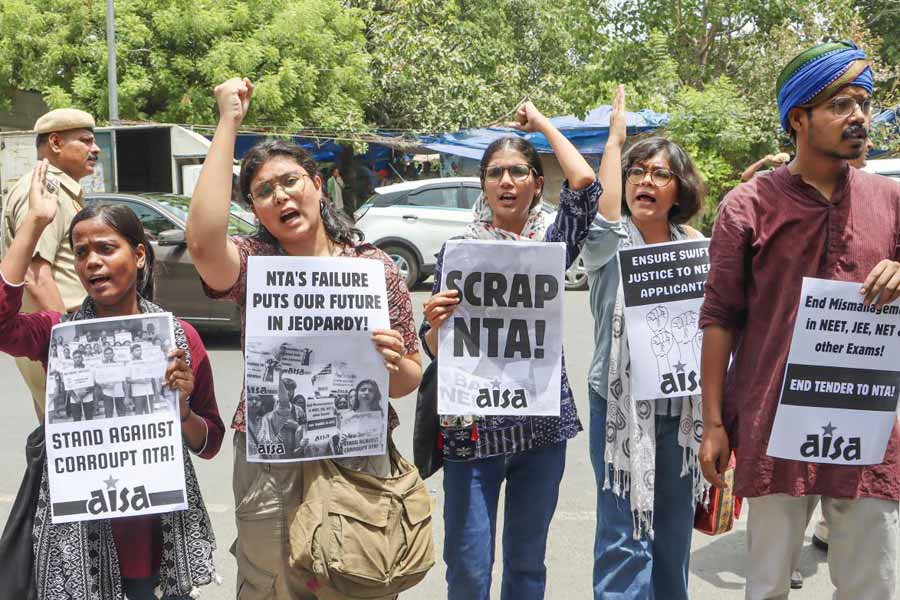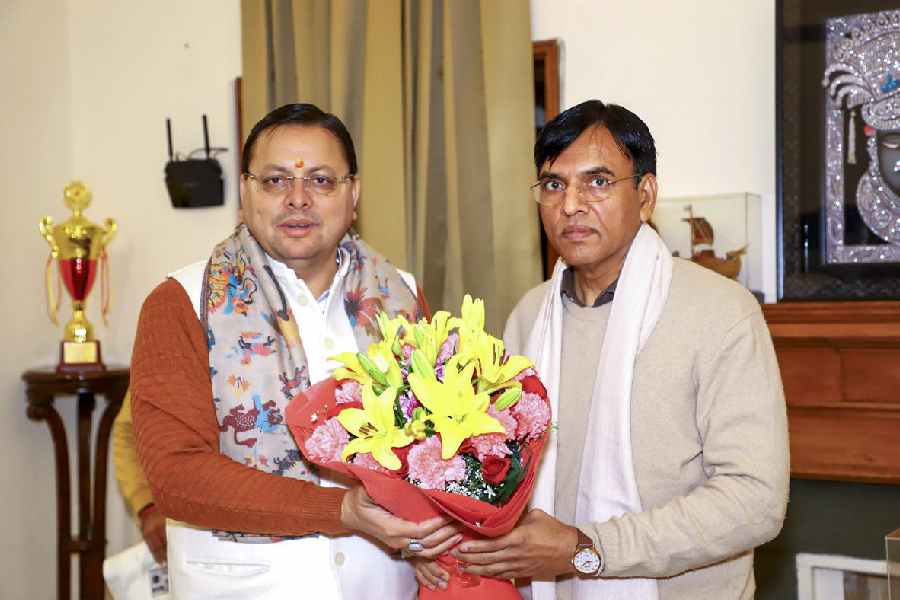As the United Nations climate change conference — COP27 — winds down, countries, industries, multilateral organisations and non-profits will all analyse whether it delivered on their hopes. Disappointment and frustration are likely to dominate the headlines. Yet, while those are justifiable sentiments, the conclave in Egypt also offered a glimpse of what is possible if countries do come together to address shared concerns. The short answer: it can help defend the planet against climate change while also providing a platform to minimise other tensions between nations. Two examples stand out from the climate conference. After the United States of America made clear it would not back the Global South’s demand for a mechanism to cover costs of loss and damage because of climate change, African nations took matters into their own hands. They announced a $14 billion African Climate Risk Facility, recognising that despite the myriad regional and pan-African differences that divide them — and have, far too often, led to conflict — they are bound by common challenges that, ultimately, no one else will fix. Separately, Brazil, Indonesia and the Democratic Republic of the Congo — home to the planet’s most vital lungs — came together to ink a pact to protect rainforests.
These efforts hold valuable lessons for the Indian subcontinent and its neighbourhood as well as for the world’s biggest powers. A poor monsoon, in any year, is almost certain to ravage the agricultural sectors of both India and Pakistan. Droughts and floods know no national boundaries or gun-mounted border checkposts. As the frequency of extreme weather events increases in South Asia, it is vital for New Delhi and Islamabad to work together — closely — in trying to mitigate the worst effects of global warming on their shared landscape. National security concerns are the prime reason why the neighbours are barely talking to each other — at least formally. But increasingly, countries around the world are recognising that there is no bigger national security threat than climate change, which is devastating nations and economies. India and Pakistan must shed their traditionally limited threat perceptions and urgently acknowledge that the survival of both will need them to work together. And, indeed, that could open up pathways to broader political dialogue on other differences.
After all, even the US and China, sworn rivals for global supremacy, have now agreed to relaunch climate talks. Unless the world’s two biggest polluters work together, the planet has no chance of containing emissions. If their conversation on climate change also helps Washington and Beijing manage their other differences and prevent their competition from exploding into a conflict, it can only be good for the world. And if the gains from their talks remain limited to the climate, it is still a positive. That mindset is one that South Asia desperately needs as well. Any chance to pull humankind back from the brink must be explored. There is no time to waste.











